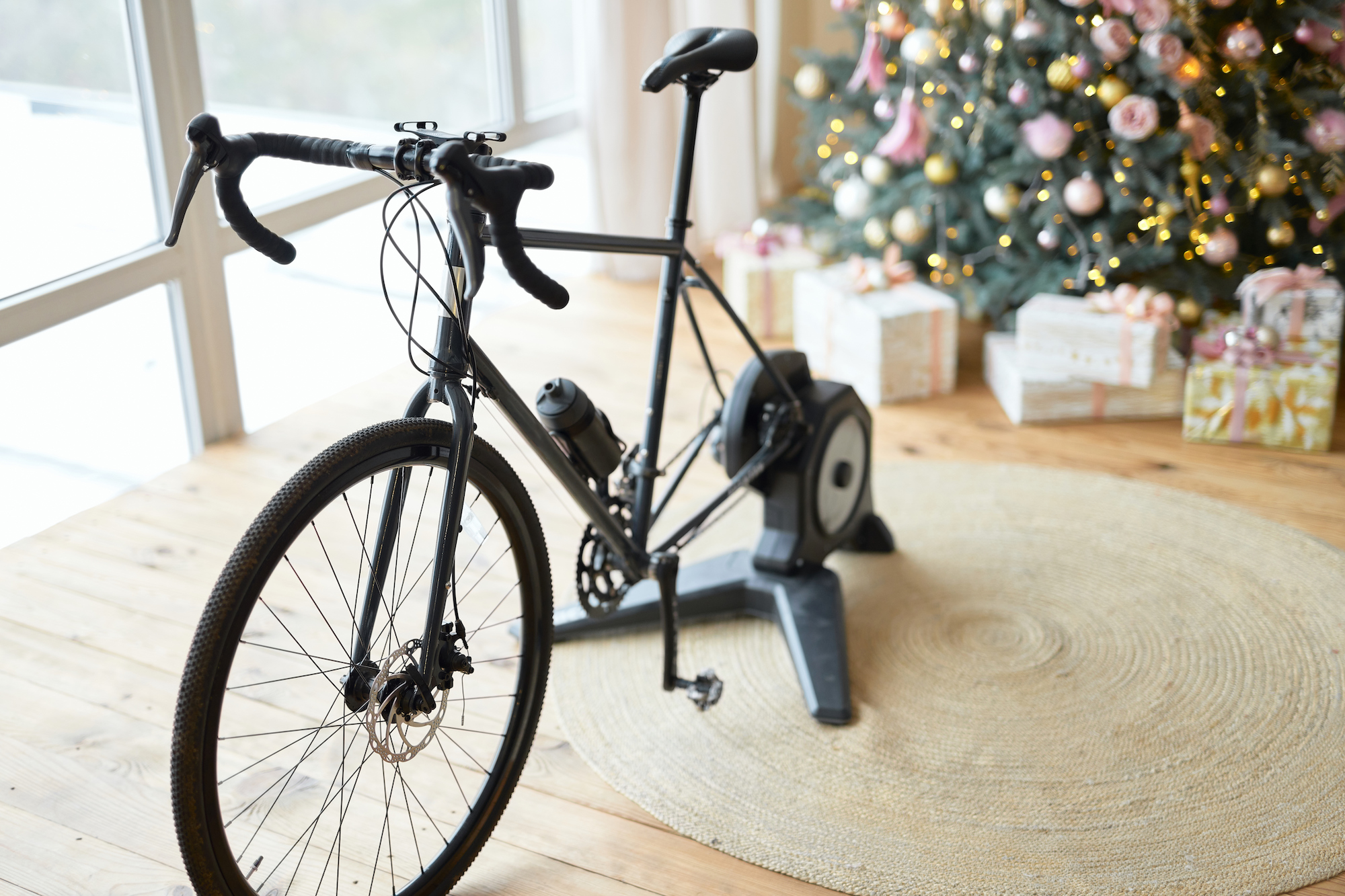How to balance training and fun
Yes, it’s time to be merry! But, says Prof Greg Whyte, it’s also time to take control of your personal ‘stress-recovery’ balance to avoid illness and start the new year in fighting form!

The festive season is one of the most difficult periods in the year to optimise training and stay healthy. Progressive overload (a gradual increase in training volume) is central to improved performance.
However, rest and recovery are crucial elements of progressive overload to ensure adequate time for adaptation and to avoid injury and illness.
Excessive training load combined with inadequate recovery can lead to a condition now termed ‘Unexplained Under-Performance Syndrome (UUPS)’.
Multiple stressors
Formally, UUPS was termed over-training syndrome, but it’s now recognised that there are multiple stressors that can lead to maladaptation and a sustained reduction in performance, not solely ‘over-training’.
These additional stressors are particularly pertinent to the festive season.
Without changing training volume, the increased stress associated with reduced/poor quality sleep/rest; multiple social gatherings; poor quality nutrition and hydration; increased travel; increased festive-related stress and anxiety; and increased circulating infections, can lead to ‘under-recovery’, maladaptation, and subsequent illness.
So, taking control of your personal stress-recovery balance is critical to reduce the risk of illness, particularly across the festive period.
Adapt your training to your social calendar

Importantly, I’m not saying ‘don’t have fun’ during the festive season. While I constantly emphasise the importance of planning, equally important is allowing yourself permission to alter plans in response to environmental stressors.
Very little is gained from poor quality training. In fact, at this time of year, it could be deleterious to performance.
Accordingly, adapt your training to fit in with your social calendar and take precautions to avoid winter illnesses (i.e. washing hands regularly, avoiding contact with eyes/nose/mouth, optimise nutrition and hydration etc.).
Taking extra care of yourself across the festive season will reduce your risk of illness and the associated loss of training while you recover.
Where to concentrate your training efforts
Personally, I look at the quiet period between Christmas and New Year, when I have more time for training and recovery, to concentrate my training efforts.
In my younger days as an elite athlete, we used to call this period ‘Hell Week’, characterised by high training volume and high-quality recovery.
But quality training before, during, and following the festivities means that you can enjoy the celebrations without regret. Planning training in this way also avoids the need to train on Christmas Day!
I remember a legend of track and field once saying that the reason he trained on Christmas Day is because no one else did! While I admire the sentiment, I think that appropriate planning means you can optimise training while avoiding alienating yourself from the entire family.
Plan ahead
If planned and executed well, the festive period can set you up for a quality start to the new year. Planned and/or executed poorly, and you increase the risk of starting the new year on a negative.
My advice – eat, drink and be merry, but make sure you plan your training to account for the unavoidable festive stress. Merry Christmas and a Happy New Year full of personal bests.
Top image credit: Getty Images




